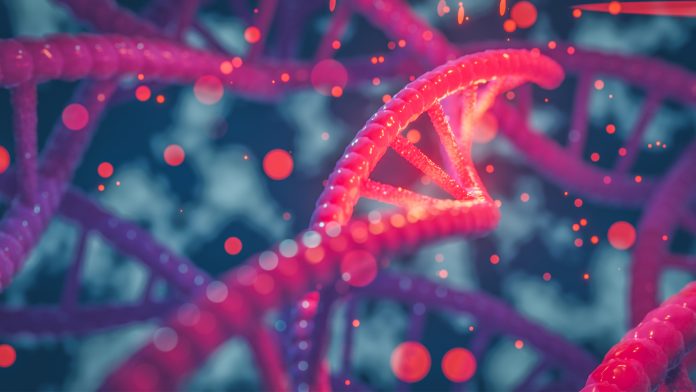The Nobel Prize in Chemistry has been awarded to Emmanuelle Charpentier and Jennifer A Doudna for developing one of the most important genome editing tools, CRISPR.
Charpentier and Doudna discovered the CRISPR/Cas9 genetic scissors in 2012. Using these, researchers can change the DNA of animals, plants, and microorganisms with extremely high precision.
Since its discovery, CRISPR/Cas9 genetic scissors has contributed to many important discoveries in basic research. Plant researchers have used the genome editing tool to develop crops that can withstand mould, pests, and drought.
These genetic scissors have taken the life sciences into a new epoch and, in many ways, are bringing the greatest benefit to humankind, says the Nobel Prize Organisation. In medicine, CRISPR could become responsible for curing thousands of inherited diseases.
Charpentier, who is the director of the Max Planck Institute for Infection Biology in Berlin, Germany, and Doudna, a Li Ka Shing Chancellor Chair professor in the Department of Chemistry and the Department of Molecular and Cell Biology at the University of California, Berkeley, will share the prize money of 10 million kronor (£861,200).
About the Nobel Prize in Chemistry
When selecting researchers to receive the Nobel Prize in Chemistry, the Royal Swedish Academy of Sciences invites qualified persons to nominate whom they believe is deserving of the award, and people are unable to nominate themselves.
Between 1901 and 2019, 112 Nobel Prizes in Chemistry have been awarded, seven of which were awarded to women. The first Nobel Prize in Chemistry was awarded in 1901 to Jacobus Henricus van ‘t Hoff for his discovery of the laws of chemical dynamics and osmotic pressure in solutions.
Frederick Sanger is the only person to have been awarded the Chemistry Prize twice. Sanger received the first award in 1958 for determining the structure of the insulin molecule and the second in 1980 for his studies on base sequences in nucleic acids.







